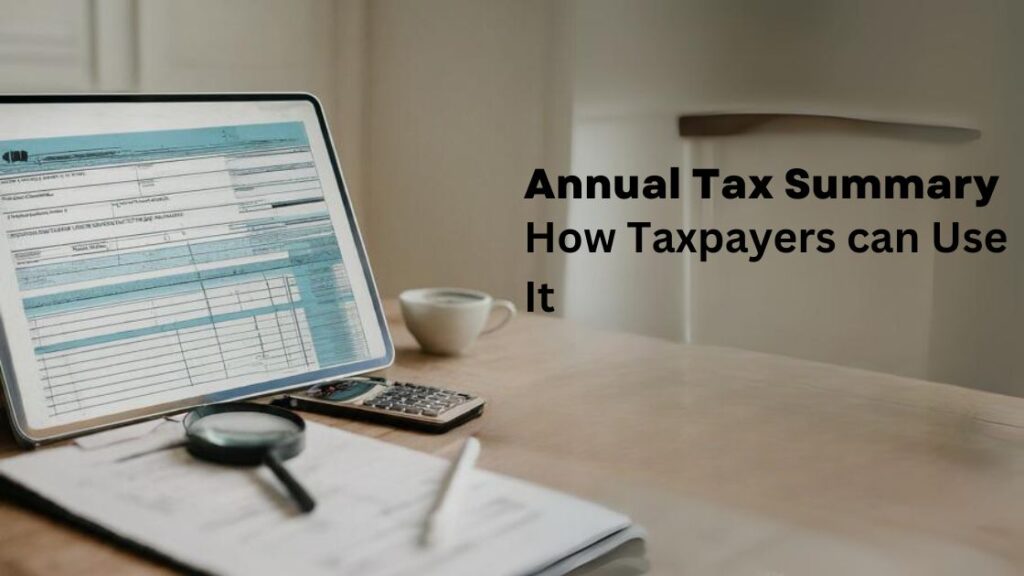Businesses are run in order to make profit and income statements provide a comprehensive insight about the profitability by focusing on revenue, expenses, gains and losses for a specific period. Analysing Income statement for a specific period can provide information about the efficiency of business operations, management, underperforming areas of business and business position with respect to its competitors. Income statement is also known as Profit and loss statement. Understanding what income statement is, how it is made, what impact it has on business can help in strategizing operations and increase profitability.
Key Components of the Income Statement
1. Revenue (Sales)
- Gross Revenue: Gross revenue is the total money a company has made in a particular period before subtracting expenses by providing goods and services to the customers and clients.
- Net Revenue: Net revenue is gross revenue minus the returns, refunds and discounts. It is what a company has actually made.
2. Cost of Goods Sold (COGS)
Cost of goods sold (COGS) is the net cost associated with producing goods or delivering services like raw materials, labour costs, manufacturing overheads, service management costs etc.
The formula for COGS is:
COGS = Starting Inventory + Purchases – Ending Inventory
3. Gross Profit
Gross profit in layman terms represents the net profit and is an indicator of efficiency of a company’s production and sales. It is calculated as a difference between cost of goods sold (COGS) and net revenue.
Gross Profit = Net Revenue – COGS
4. Operating Expenses
The expenses in maintain day to day operations is called Operating expenses these expenses include:
- Selling, General, and Administrative Expenses (SG&A): These expenses include staff salary, office utilities, rent for office space and marketing expenses.
- Depreciation and Amortization: These are the expenses allocated to the non- tangible assets during the time of their use. It is a very important aspect while considering operating expenses as most people miss out on these expenses.
5. Operating Income (EBIT)
Operating Income which is also known as Earnings before interest and taxes (EBIT) is an excellent metric to measure a company’s profitability in its core business operations it is simply the difference between operating expenses and gross profit for a particular period.
Operating Income= Gross Profit – Operating expenses
- Non-Operating Items –These include all expenses and revenues which are not linked with to the core business operations such as interest income, debt interest expense, gains or loses from investments not related to the core business.
- Pre-Tax Income –
- As the name suggests it is company’s oncome before the taxes are taken out. Mathematically pre-tax income is operating income plus the non -operating items for the business.
- Pre-Tax Income=Operating Income + Non-Operating Items
- Income Tax Expense –It is the amount of tax a company pays based on its pre – tax income.
- Net Income
- The most important metric to evaluate a company’s financial health is Net Income. In layman language it is a company’s profit or loss after taking out all deductions including expenses and taxes from total revenue.
- Net Income=Pre-Tax Income−Income Tax Expense
Importance of the Income Statement
- Performance Evaluation: Evaluating performance of a company means measuring its profitability and operational efficiency. It is very important for the stakeholders and investors to review a company’s performance before making the important decision to invest in the cause and that is where Income statement is really useful as it provides the clear picture about profitability by calculating a company’s net income.
- Decision Making: The benefits of precise analysis of income statement are not limited only for the investors to assess risk associated with the investment. Income statements are really useful to decide whether to go for expansion or cost- cutting. If execution of an existing operating strategy is not generating satisfactory results it will be reflected in the income statement and strategic changes can be made accordingly to the operations to generate more satisfactory results.
- Financial Planning: Budgets are created by using the forecasted data which is again based on analysing past income statements. The future budget is a reflection of expected future performance which can be efficiently predicted by using income statements. Hence analysing income statement in essential to create an effective budget which aligns with the financial goal of the organisation.
- Compliance: It is mandatory for a public company to maintain transparency and compliance with the financial reporting standards. Hence it is an essential requirement for the public companies to file income statements with regulatory bodies.
Analyzing the Income Statement
- Trend Analysis: Income statement can be used to analyse trends by doing a comparative analysis over multiple periods find trends in revenue, expenses and profitability to highlight the areas which are showing improvement and to find areas which require improvement.
- Ratio Analysis: Income statement is the key source to calculate financial ratios like gross profit margin, operating margin and net profit margin. By getting insights about these important ratios strategic changes can be made to improve efficiency and performance of the business.
- Comparative Analysis; Comparing the income statement with the industry competitors enables the business to do efficient and effective benchmarking regarding business performance. Not only in benchmarking income statement also helps in identifying competitive strength and weakness of business as compared to competitors.
- Segment Analysis: Income statements when broken down as per the business segments or product lines can reveal which segments or product lines are profitable and which segments or lines require improvement.
Conclusion
Analysing Income statement reveal the complete picture regarding a company’s operations and financial health. It is not important for only for the purpose of improvement in operations but also for the investment purposes. Analysing Income statement is crucial also for doing the fundamental analysis of the company before making the decision to invest in its stock. Therefore, analysing income statement is a must have financial skill for everyone.


















